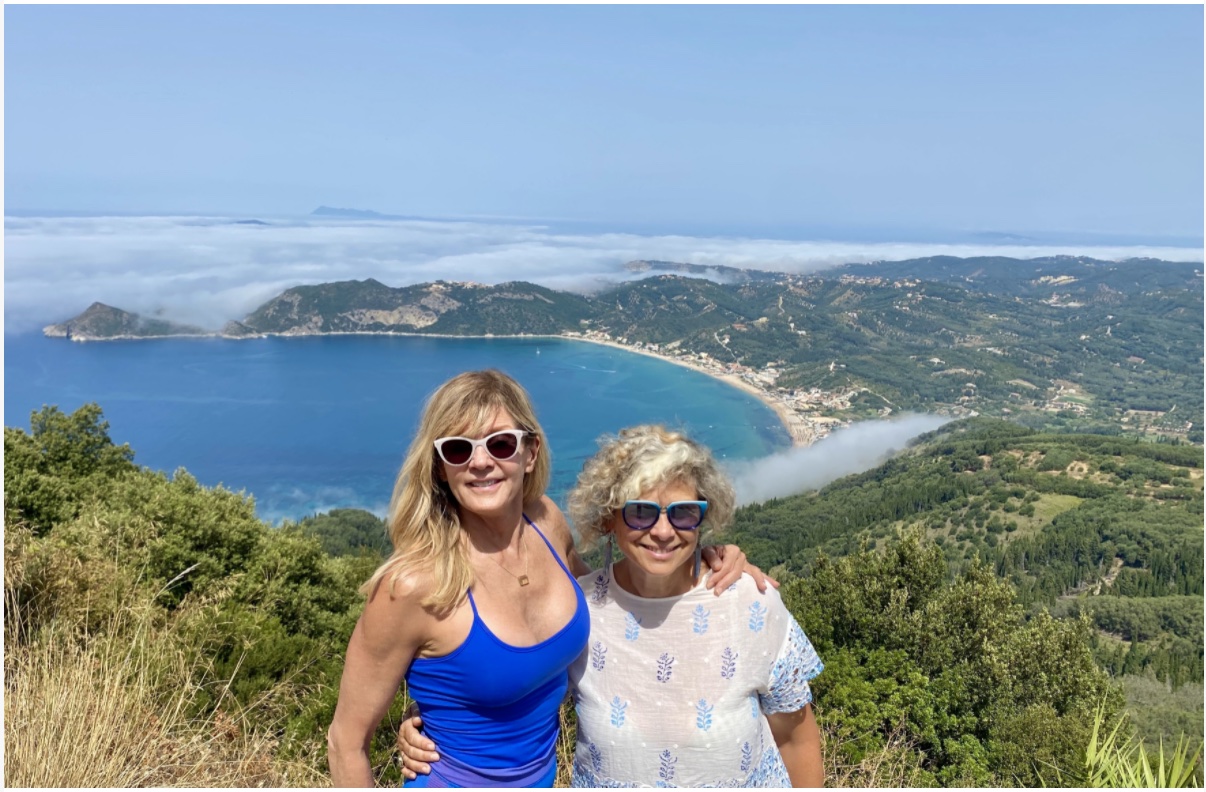Surprising Key

TO LONGEVITY
At 44 years old, cardiologist Dr. John Day spent a year with his wife in Bapan, also known as Longevity Village.
Bapan has the highest known percentage of centenarians in the world, which is why John set out to discover how the centenarians are still thriving at 100 years old…. not just surviving.
John discovered that the keys to living a longer life are both practical as well as deeply rooted in science. You’ve heard many of them before…
Exercise
Eat healthier foods
Sleep more
Avoid tobacco
But here’s what Dr. Day said in our podcast episode of The Art of Living… (you can listen to the full episode here) about the bigger predictor of early death… greater than smoking or obesity….
KATHY SMITH: With COVID-19 keeping us socially distanced, I’m finding many people are feeling disconnected. I see that’s a problem here in the United States. One of the principles of longevity is about being connected to the community and having a positive outlook on life.
Have you found that people get more positive or negative as they get older? And, how important is it to stay socially connccted?
DR. JOHN DAY: It depends. But it’s actually surprising. A lot of the research suggests that people become happier as they get older and, to many of us here in the West, it seems counterintuitive. Here, in this village, it’s such a natural thing.
I like what you said about retirement. We all dream of an early retirement and living, relaxing on the beach. You’re right. We will probably enjoy that for a period of time but, then, it gets old really fast. We have to have that reason, that purpose, that why. In fact, in my cardiology practice, I’ve noticed over the years that the most dangerous day in a man’s life is the day he retires.
Studies now show that when you look at your risk of premature death, that social isolation or loneliness is a bigger predictor of an early death than even smoking or obesity. There’s something there – having a group. We’re talking about real connection. We’re not talking about Facebook friends, but we’re talking about someone that if you’re having a struggle in life that you can confide in. It’s really a shame how so many Americans, now, if you look at studies, don’t even have somebody that they can confide in as they are struggling in life. So, whether it’s a family member, whether it’s a spouse, whether it’s a friend, whether it’s somebody at a church group, a social group, it doesn’t matter. We’re social creatures. There’s something about social connection that has a positive effect on our genes.
KATHY SMITH: A few years ago, I signed up for a Mother’s Day half-marathon, which by the way, I haven’t done that kind of running in a long time.
But my daughter called me and said, “Why don’t we try to do this together? We’ll plan the training. We’ll plan the eating. We’ll plan the whole process.”
That in it itself, and it’s so funny, that little move of saying, “Oh, no. What am I signing up for?” to the, “Oh, yeah. I get to hang out with all these fun people and family and friends, and we’re going to train together for a common cause, for a common good.”
I think that’s the type of thing that I’m always suggesting to people. Find something that gives you a sense of purpose on a daily basis, on a weekly and a monthly basis. It sounds like this is one of your seven steps.

